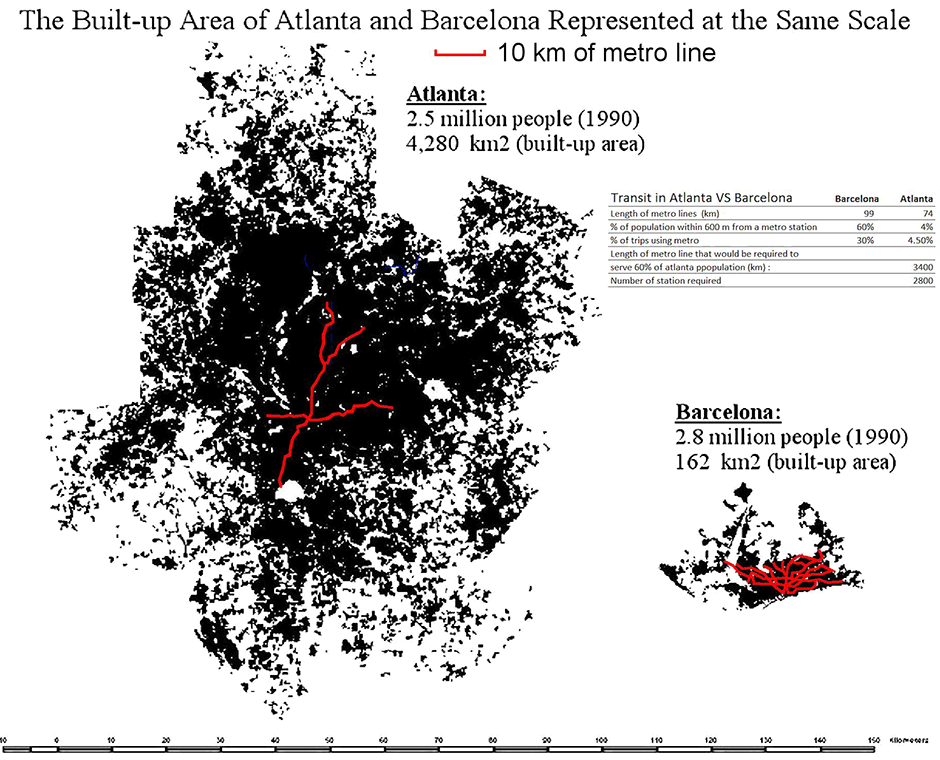L’Égypte va mieux mais ses alliés du Golfe réduisent leur aide
Egypt looking to mend economy with energy moves | Oxford Business Group
▻http://www.oxfordbusinessgroup.com 15 Dec 2014
Egypt has been making impressive progress in straightening up its balance sheet in recent months. Steep cuts in energy subsidies coupled with a drop in world oil prices have given the Middle East’s most populous country some fiscal breathing space, following three years of increasing budget deficits, mounting debt and reduced foreign currency reserves.
Energy price hikes introduced in July for private and industrial consumers, including on car fuels and electricity tariffs, have helped to reduce the state’s high level of current spending. According to a government statement issued in November, energy subsidies for the first quarter of the fiscal year 2014/15 dropped 29% from a year ago to $3.08bn.
The reduction in the subsidy bill also included large cuts in natural gas subsidies to energy-intensive industry and the government’s rationing of fuel supplies, which led to regular blackouts throughout the summer months.
Whilst there may be further subsidy reductions on the agenda, with the country working to get rid of energy subsidies within three to five years, falling global crude oil prices mean the government could get away with less drastic cuts in the next round. In November alone, oil prices fell by 18% for a fifth straight month of declines. In total, a 40% drop in the price of benchmark Brent since June has eased Egypt’s energy import bill, giving the government time to consider its next step.
Moving on with debt repayment
Egypt has also accelerated paying off arrears to foreign oil companies, paving the way for new loans on international markets to help it plug the budget deficit. The government has said it will repay all of its $4.9bn debt to foreign oil companies within six months.
Egypt’s debts had been mounting since the 2011 political revolution amid a severe economic slowdown and increasing domestic consumption, which forced the government to redirect gas contractually allotted to foreign oil and gas companies to the domestic market.
In November, a $1.5bn syndicated bank loan was agreed with the National Bank of Egypt and National Bank of Abu Dhabi with hopes that moves to pay back foreign companies will encourage energy firms to boost exploration in the country. It also said it will issue a tender for $2bn in funding guaranteed by forward sales of crude oil shipments for five years, to help finance its arrears.
The impact of domestic reforms and exogenous factors should dramatically aid efforts to reduce the budgetary deficit.
The reduction of this deficit is one of the publicly stated ambitions of newly elected President Abdel Fattah El Sisi, and in 2014 he returned a draft 2014/15 budget to the MoF with instructions to make further reductions in government spending. As a result, the proposed 2014/15 budget now envisages a deficit of LE240bn ($34.1bn), or 10% of GDP, down from the 12% outlined in the original proposal. The new budget was signed into law just two days before the start of the new fiscal year on July 1, 2014, and while details on the spending reductions requested by the president have yet to be made available, information previously released by the MoF shows a distribution of expenses similar to that of the previous year.
The largest single category has historically been subsidies and social benefits, which account for 30% of total spending, followed by public sector wages and interest payments on government debt. On the other side of the ledger, a new income-tax regime for high earners, the implementation of a capital gains tax on January 1, 2015 and the possible implementation of a new value-added tax (VAT) are expected to see tax revenues rise in 2014/15 by 27%. Non-tax revenues, in the form of Suez Canal receipts, income from state-owned companies, and revenues arising from the nation’s hydrocarbon and mineral extraction industries, are also expected to rise, for a total revenue take of LE548.6bn ($77.9bn).
Egypt has met the discrepancy between its budgeted spending commitments and its total revenue in two ways. Since the 2011 revolution, it has turned to the domestic banking sector for funding support, by greatly expanding a debt programme built largely on the regular issuance of Treasury bills (T-bills). However, it has paid a high price for its reliance on local lenders. After ramping up its T-bill schedule in 2011, yields on government debt quickly expanded into double digits, surpassing 13.5% for a nine-month note by October 2011. In 2013 yields remained at elevated levels, with the nine-month note still offering a yield in excess of 13%.
While local banks have eagerly purchased government debt at these attractive rates, the stubbornly high yields have made this financing option an expensive one from the government’s point of view. Moreover, given that banks have grown their loan books through government securities, this has resulted in knock-on effects for the issuance of credit to the broader business community.
In addition to its debt programme, the government has turned to regional allies to assist it in meeting its bills. During 2013 and 2014, Egypt received aid packages in the form of cash grants, deposits at the central bank and petroleum products from Saudi Arabia, the UAE and Kuwait, as well as soft loans and grants from development finance institutions such as the World Bank and the Arab Fund for Economic and Social Development.
However, according to the 2014/15 budget, the government foresees a reduction in the amount of grants it receives from donors such as Saudi Arabia and the UAE, from the LE117.2bn ($16.6bn) of 2013/14 to LE23.5bn ($3.3bn). Egypt’s long-term financial stability depends not on its ability to borrow from its banks and attract foreign aid, but on its ability to reform its economy and balance its budget.❞






































